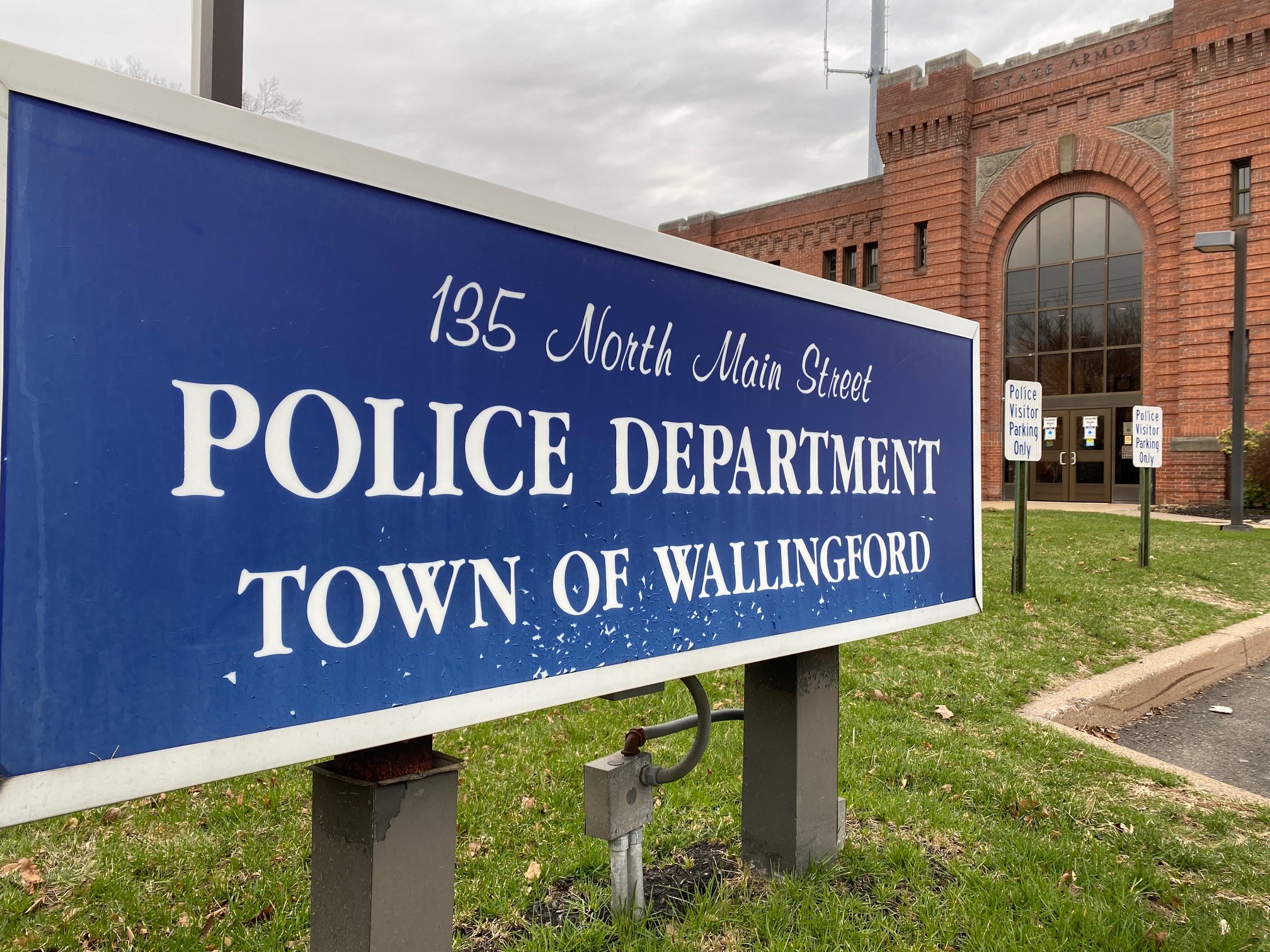Later this week, the state is expected to release guidelines for the next round of COVID vaccines.
The CDC said postal workers, grocery store employees, and bus drivers should be on that list, along with teachers.
In Connecticut, there’s also a push to prioritize prisoners.
“The people in prisons are human, too,” said Marquita Nelson of Meriden.
Right now, Nelson said her son Louis, serving time at the Cheshire Correctional Institution, is being unfairly penalized for his past.
“He made his own mask, he made his own glove,” she noted of the lack of PPE. “They don’t give him enough cleaning products to help sanitize the area.”
Nelson said her son’s job is to help clean the prison, but he feels he’s not being equipped to do so safely.
Local
Nelson said her son has also complained of correction officers not wearing masks, of being mixed in with inmates from other facilities on rides to appointments, and of inmates not being quarantined when their cellmate tests positive.
“If someone has COVID and you’re in the block, but then that person moves out but you still keep his inmate, his cell person in there, then what’s the purpose. That person’s going to have COVID and sooner or later, the next person is going to get it,” she pointed out.
A lifelong sufferer of asthma, Louis could face serious complications from COVID-19.
“The chances of him getting COVID is very close, very, very close,” said Nelson.
The Cheshire Correctional Institution has the second-highest number of asymptomatic COVID cases currently, after Bridgeport. 75 inmates have tested positive without showing any sign of the virus. The facility has also had the third-highest number of total cases to date, according to state data.
“The state had done an abysmal job protecting people in their custody,” said David McGuire, executive director of the Connecticut chapter of the ACLU.
Statewide, nearly 600 inmates have the virus, 350 inmates are listed as asymptomatic and another 238 showing symptoms. 308 DOC staff members are also recovering, according to state data.
Since the start of the pandemic, more than 3,000 inmates have tested positive for the virus. Only 15 have been hospitalized and 13 have died although McGuire said he was told that a 14th died over the weekend and is not included in the current tally.
“We’ve gotten thousands of letters and phone calls from people who are incarcerated and their families, many of which have complained of similar circumstances, a lack of mask-wearing by corrections officers, a lack of cleaning supplies,” he said of Nelson’s son’s complaints.
The head of the ACLU said inconsistency is driving COVID cases up.
“There are times where we’ll get many many letters from one facility about a practice that is very troubling and then we’ll learn that that is not a practice at another facility,” he explained, noting that it is common for people to move in and out of different facilities within the prison system.
A spokesperson for the Department of Corrections claims it is following all CDC guidelines when it comes to cleaning and quarantining and pointed to a “significant amount of testing” being done before transfers and appointments.
“We are able to quickly identify COVID-19 cases. On top of mass testing every other week, we test upon entry, we test before release, we test before transfers, we test before a community appointment, we test when an individual is identified through contact tracing and we test when someone has symptoms associated with the virus. Additionally, all direct-contact employees test every week as part of a mandatory testing protocol,” DOC Director of External Affairs Karen Martucci told NBC Connecticut.
As far as correctional officers not wearing masks, Martucci offered this response:
“Correctional officers are mandated to wear masks and a recent report, conducted by a monitoring panel established through a legal agreement with the ACLU, revealed a high level of compliance."
McGuire said pushing prisoners up on the priority list for the vaccine is crucial to controlling the virus’s spread both inside and outside these prison walls.
“Make sure they are vaccinated and not exposed to a death sentence,” he said.
While a panel of experts will advise the governor on the vaccine’s rollout, he will have the ultimate say in who should get the vaccine next.
In a press conference on Monday, the governor said he plans to follow the advice of his vaccine advisory committee and the Centers for Disease Control and Prevention (CDC). The CDC currently does not include inmates in its current vaccine recommendations for phase 1B.
Healthcare workers in the prison system are already scheduled to start receiving the vaccine this Friday.



